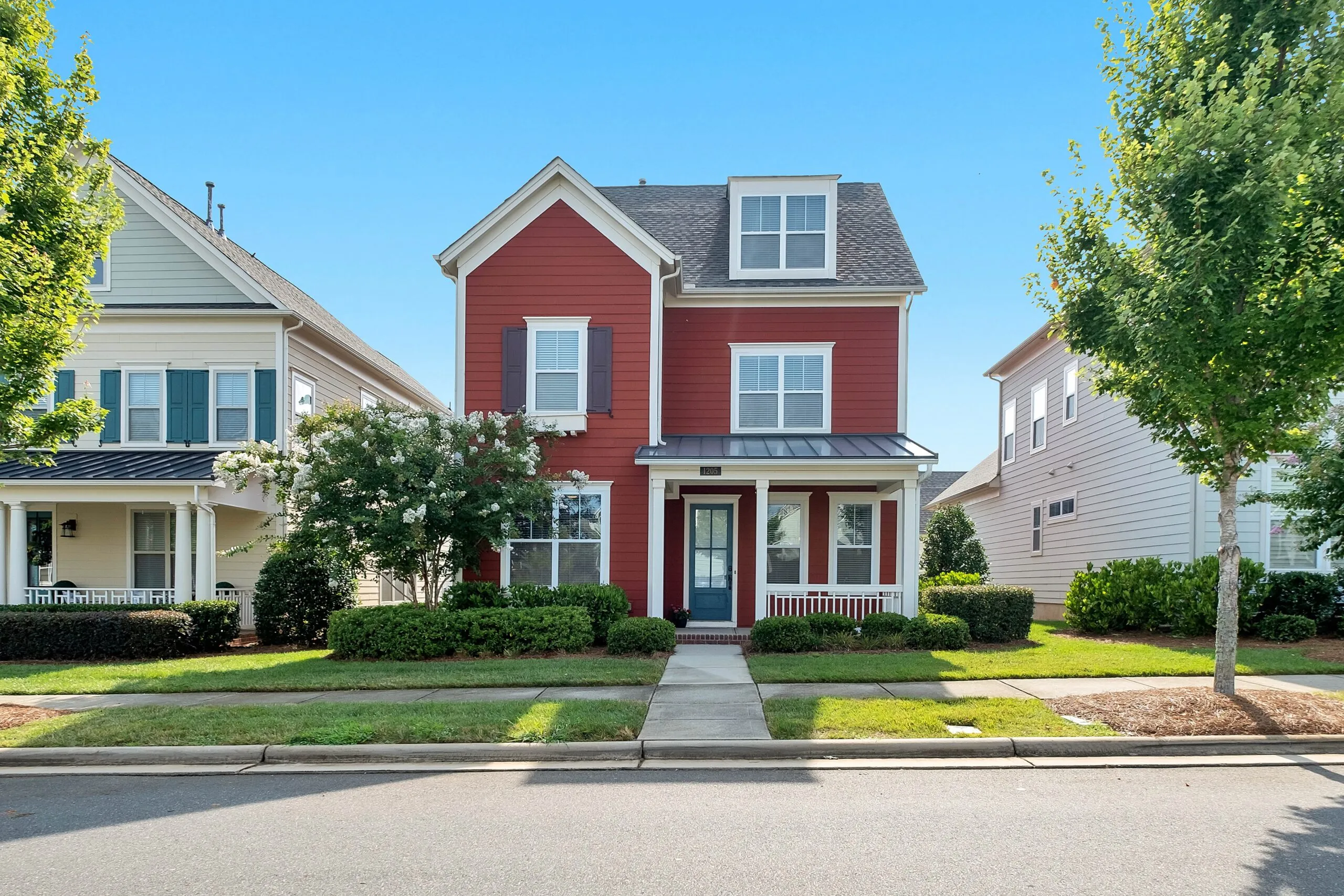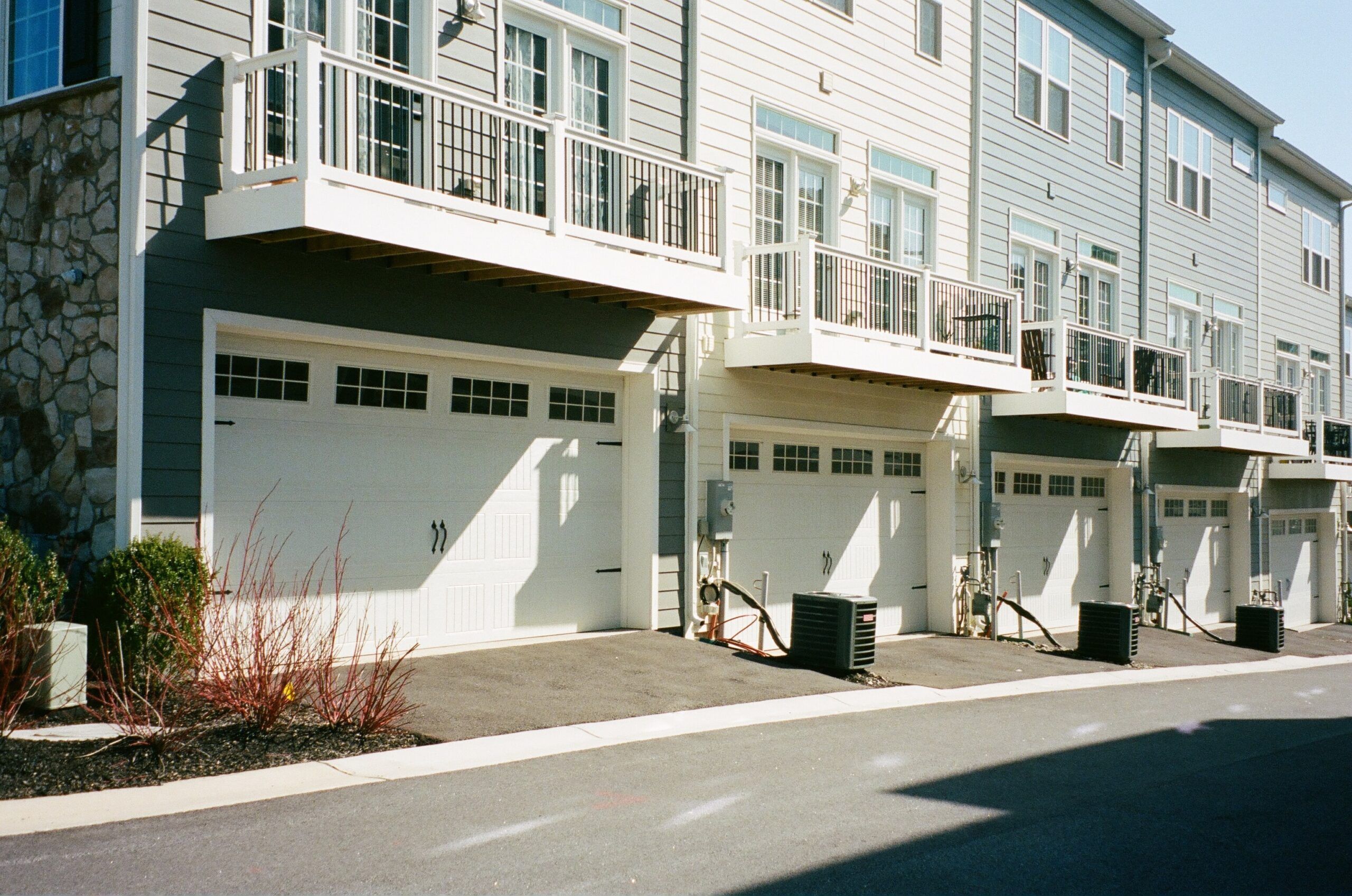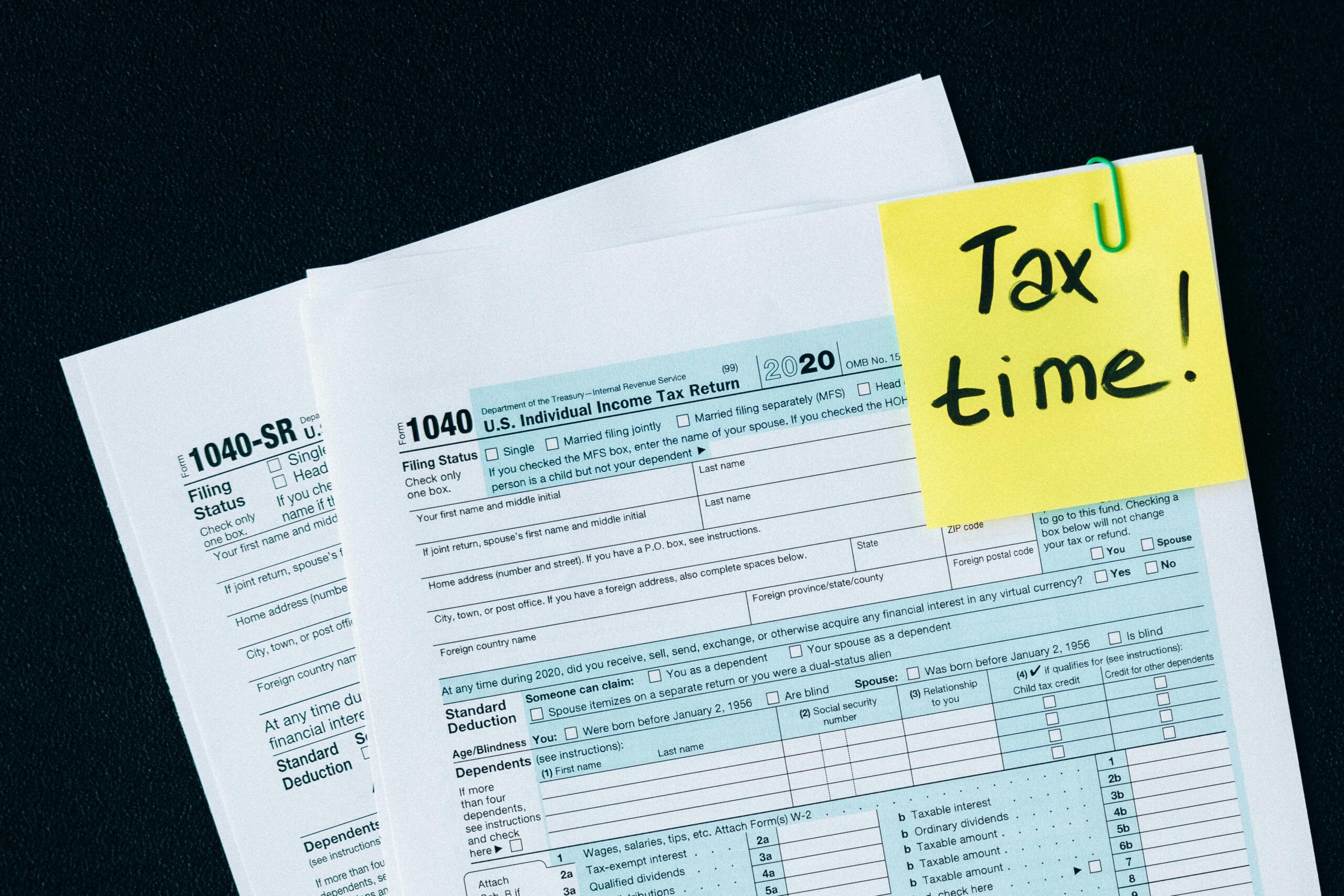Reducing Housing Costs in Retirement
Click here to browse our Real Estate Agent Directory and contact top-rated agents in your area!

No more alarm clocks. No more Zoom or Teams meetings. No more dates and deadlines to meet. These are all things of the past when a person reaches that coveted season of life called retirement. Congratulations are indeed in order! However, this pinnacle moment is often met with trepidation due to the fixed budget. To keep the budget in check, many people consider reducing housing costs in retirement.
As with all change, a new reality arises. Day-to-day life develops its own new routine. Though “every day is Saturday” may be the new mantra, there are some adjustments the newly retired may need to make in order to live comfortably throughout their retirement years.
Discover 8 ways to reduce housing costs in retirement using the acronym C.U.T.C.O.S.T.S.
This is not an exhaustive list; there are additional ways to reduce housing costs. This is just a sample. Let’s dive in.
C.U.T.C.O.S.T.S.
Reduce Housing Costs in Retirement
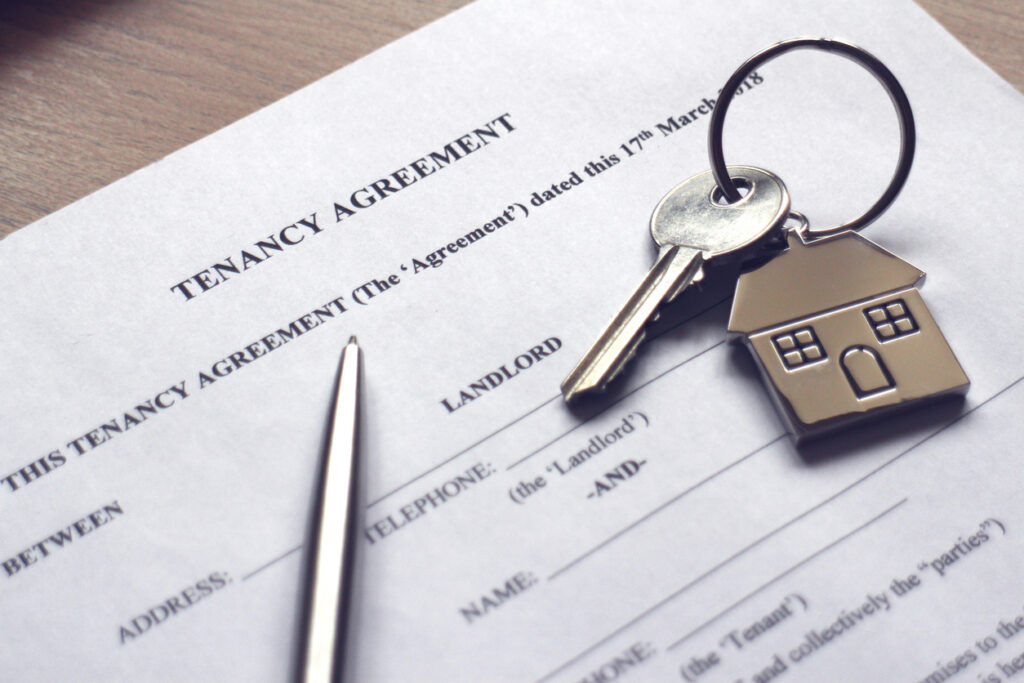
Convert Space for Income
There are two ways to reduce costs of any kind. The first is obvious and direct– spend less.
The second is indirect– increase income. Additional income reduces expenses through more means to cover those expenses.
By the time many reach retirement, their current home may be more than they need. The children are grown and have their own homes. There are just one or two people living in the house. Much of the space is seldom, if ever, used or even ventured into. Yet, this space is still heated and cooled, which adds additional costs.
If the retiree(s) desire to remain in their home, they can increase their income by converting (if necessary) and renting out some of the additional space. This could mean renting rooms, renting the basement, renting the garage, or even converting the house from a single-family home to a multi-family home.
Of course, the property would need to comply with area zoning, and this may be an added expense on the front end. Yet, the overall return on investment (ROI) will be worth it in the long run.

Utilize Energy-Efficient Upgrades
If spaces are going to be renovated or converted, energy-efficient appliances and upgrades should be included in those plans. Consequently, if spaces are not being renovated or converted, there are several ways the current home’s energy efficiency can be maximized. In addition to solar panels, low-flow fixtures, tankless water heaters, and the like, here are three other cost savers:
Energy-Efficient Appliances: Most of the appliances used today are designed for energy efficiency, which lowers monthly utility bills.
Smart Thermostats: These devices are programable and can also be integrated into a smart home system to adjust based on whether or not the house is occupied. This also results in reduced energy usage and costs.
LED Lighting: LED bulbs use less energy, and last longer. Both of these contribute to reducing overall housing costs. They can also be integrated and controlled via a smart home system.
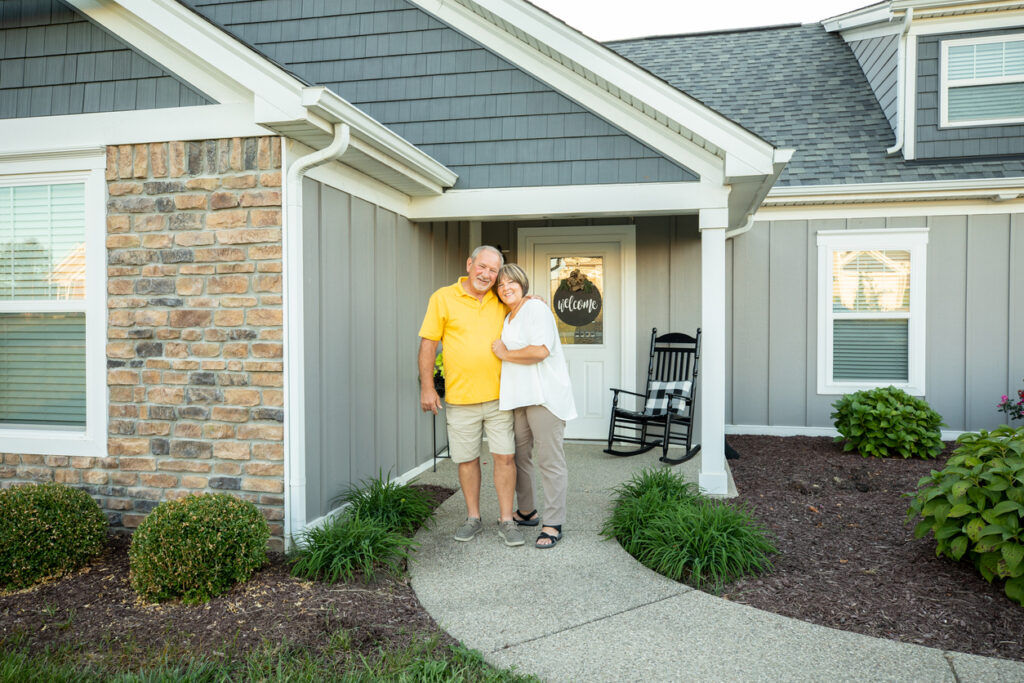
Transition to a Smaller Home
Perhaps the retiree(s) like(s) being alone and renovating and/or converting the house is not an option. Selling the current house and purchasing a new home may make more sense.
The current interest rates may or may not affect this decision. If there is an existing mortgage, more than likely it has a rate much lower than the current rates. However, the house may have lots of equity. This equity may be used towards a substantial down payment. It could also be used to buy down the rate.

Consider Relocation
Another option could be to relocate to another place that is more retirement-friendly.
Relocating could mean selling the current house or not. If the house is not sold, the income it produces from renting it out should cover the current mortgage if any, and provide additional income over and above the mortgage payment. If the property is sold the proceeds can be used as stated above.
Relocating could also be to an area with a lower cost of living or tax considerations such as Florida, Arizona, or Iowa to name a few.
Opt for Refinancing
Refinancing a mortgage from a higher rate to a lower rate can significantly reduce the monthly payments. An interest rate 1 percentage point lower could help save close to $2000 per year on the monthly payment.
A lower interest can also save money on the total interest paid over the life of the loan.
A shorter repayment period could yield a lower rate as well. Although the monthly payment may increase in this scenario, it would be paid for a shorter period of time, ultimately resulting in the savings mentioned above.
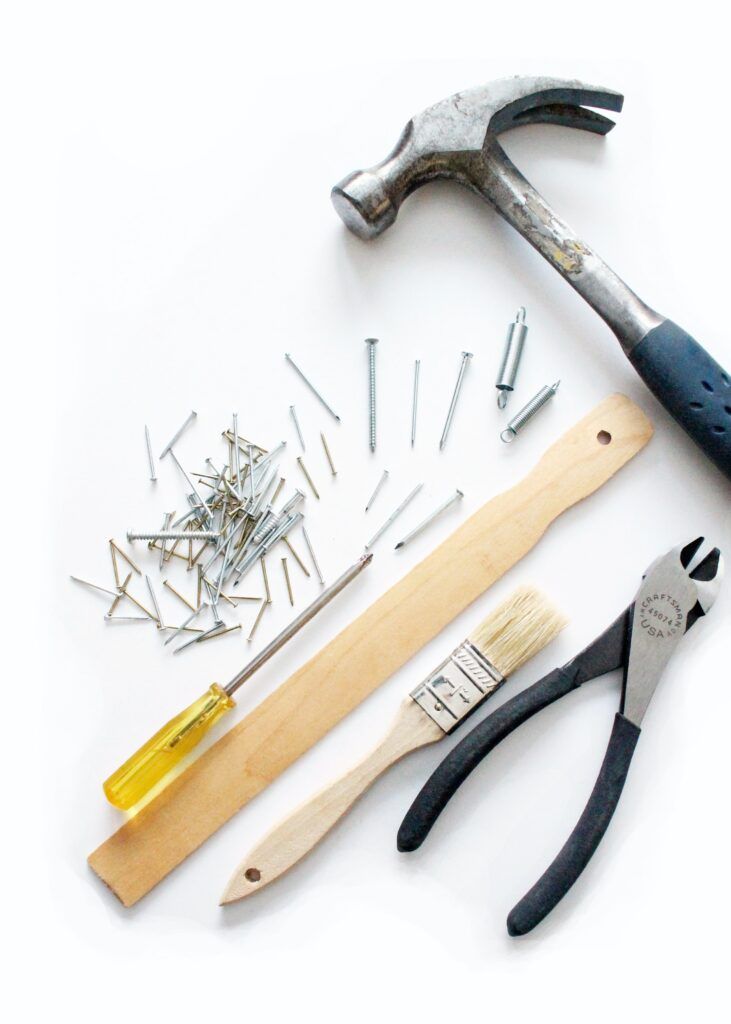
Simplify Home Maintenance
Home maintenance costs can be addressed in a few ways. This can be factored into the smaller home and or the relocation. A newer, more energy-efficient home, in many instances, will lower maintenance costs.
A home warranty can also help when covered components fail and need repair or replacement. Moving into a condo or HOA community where the major maintenance items are covered by the condo association or HOA helps reduce costs.
Two final options could be the old-fashioned barter system. Skills and abilities can be bartered with someone to reduce any out-of-pocket housing costs. Lastly, is the old DIY. While some things will require hiring a professional, not all things will. Doing it yourself could be the cost-saving answer.
Take Advantage of Tax Benefits
Consult your tax professional to ensure you maximize every possible tax deduction, including mortgage interest, property taxes, and energy-efficient improvements. Perhaps you have an IRS-qualified home office, or maybe you have made medical modifications to your home. There could be potential tax savings available.*

Sell Unnecessary Assets
The final item on our C.U.T.C.O.S.T.S. to reduce housing costs in retirement is parting ways with (selling) unnecessary assets.
This may include selling a second home, unused land, or even some or all of a real estate investment portfolio. Oftentimes, these “assets” are actually liabilities. If they are not producing income and are taking money out of your pocket by way of maintenance and upkeep, it may be time to reconsider holding onto them.*
Regardless of where you are currently, consider reducing your housing costs to ensure a comfortable retirement.
*I am not a legal or tax professional. The information shared here is not legal or tax advice, it is for informational purposes only. For legal and or tax advice, please contact a legal and or tax practitioner.


